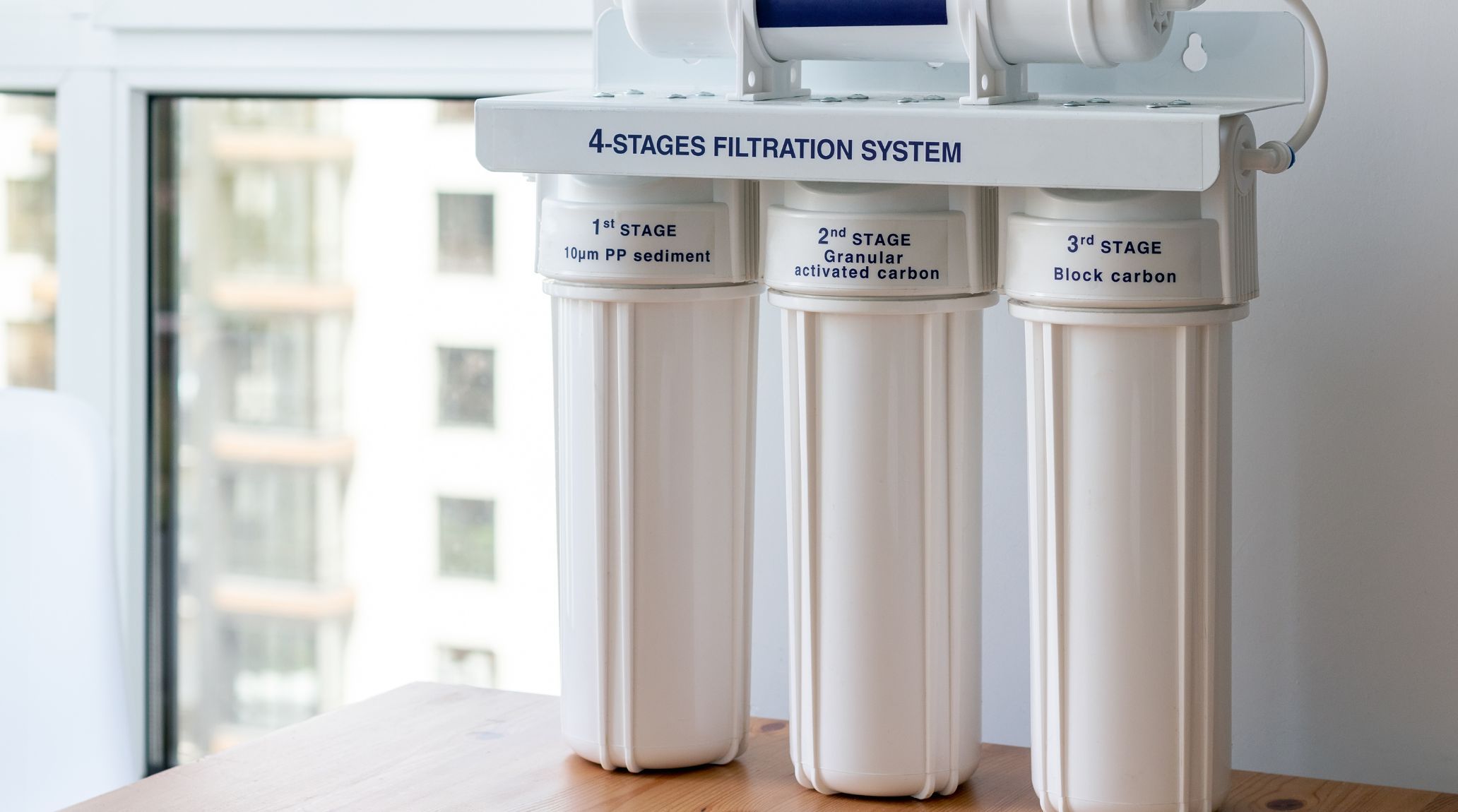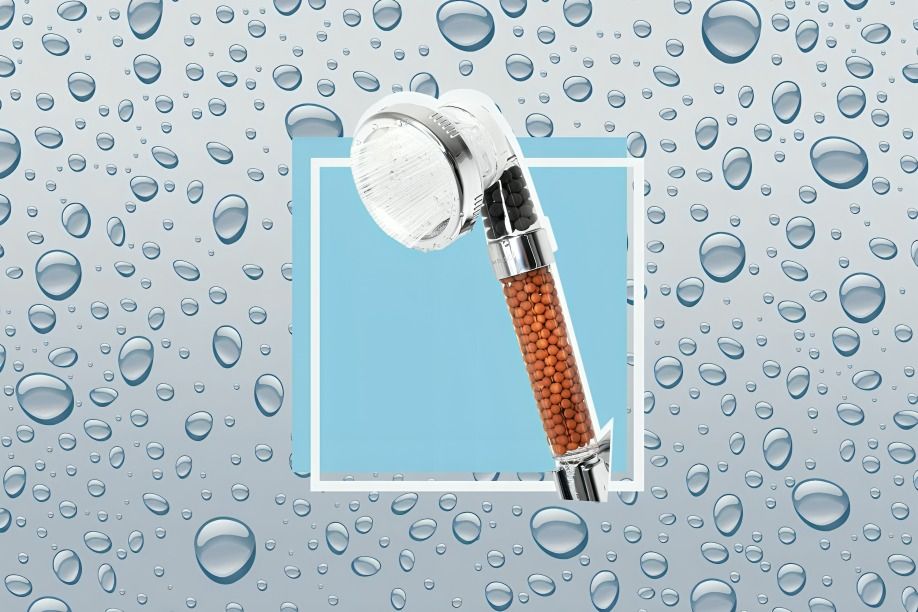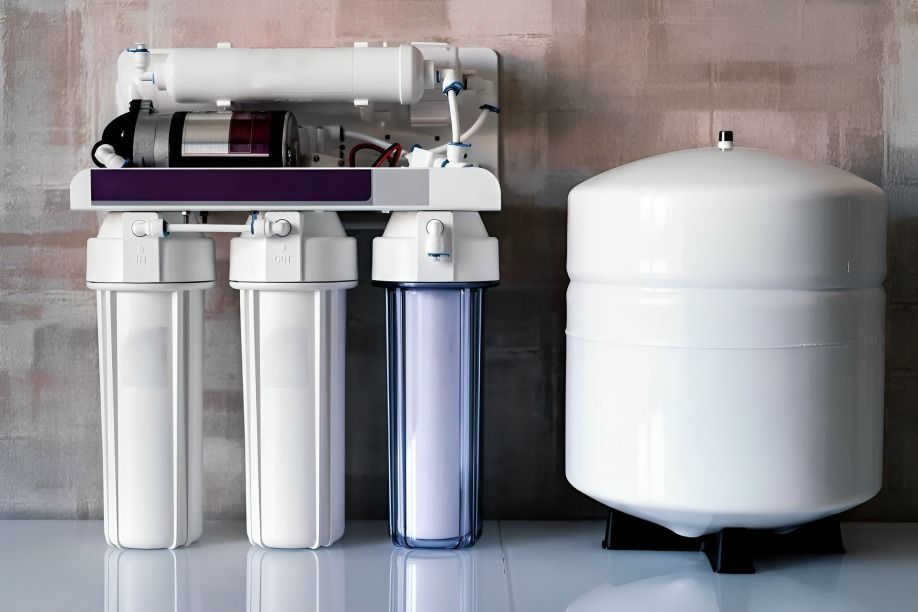
“
Water filtration plays a vital role in ensuring our drinking water is safe and clean. From the latest technologies to environmental impacts, understanding the facts about water filtration can help you make informed choices about your water supply. Discover 20 essential insights that highlight the importance of effective water filtration and how it contributes to better health and sustainability.1
1
”
Filtration is one of the oldest water purification methods, with evidence of ancient Egyptians using sand filters as early as 2,000 BCE. Modern filtration systems can remove up to 99.9999% of harmful bacteria like E. coli and Salmonella. 1
Filtration systems can use various materials like sand, charcoal, ceramic, or synthetic membranes, each targeting different contaminants such as particles, chemicals, and microbes. 2
Water filters remove contaminants, heavy metals, and toxins from tap water. Different filters offer varying purification methods: some physically block contaminants, while others attract toxins to the filter media. 3

Increasingly, people are using shower water filters to avoid the negative health effects of chlorination. In addition to these filters, many households install whole-house water filtration systems.
Activated carbon filtration is highly effective at removing chlorine, volatile organic compounds (VOCs), and other chemical pollutants, improving both the taste and safety of drinking water. 4
The CDC highlights that drinking filtered water supports joint health by lubricating and cushioning them, protecting sensitive tissues like the spinal cord, helping regulate body temperature and aiding in flushing toxins and waste from the body. 5
Reverse osmosis filters can remove particles as small as 0.001 micrometers, which includes most viruses, bacteria, and dissolved salts, making it one of the most thorough filtration methods. 6
Filtration systems, like portable straw filters (e.g., LifeStraw), have been crucial in disaster relief efforts, providing instant access to safe drinking water in emergency situations. 7
Studies suggest that water chemicals might be linked to higher cancer risks, making purer water crucial for peace of mind, especially for families with young children. Clean, fresh water boosts health and tastes great, encouraging better hydration. 8
Advanced nanofiltration systems can selectively filter out contaminants based on molecular size, removing heavy metals like lead, but allowing essential minerals like calcium to remain. 9
Contaminated water increases the risk of various cancers, such as bladder and rectal cancer, from excessive chlorine. An advanced filtration system removes chlorine and harmful byproducts, protecting you and your family from these health risks. 10
Over 120 toxins can contaminate water supplies, including common ones like Cryptosporidium. This parasite can cause severe gastrointestinal issues and illness. Ensuring clean water is crucial to avoid these harmful contaminants.11
Gravity-based filtration systems use no electricity, making them a sustainable solution for remote areas or regions without access to power. 12
Producing 1 liter of drinking water requires 3 liters for cleaning and manufacturing. Additionally, the bottling process emits tons of carbon dioxide annually. Reducing bottled water use can help decrease environmental impact. 13
Purified water can lack beneficial trace elements needed by the body. Producing one cup of pure water generates three cups of wastewater and requires electricity. The machine's maintenance costs are also high due to numerous pipe fittings. 14

Maintaining a water filtration system is cost-effective, as many models operate without electricity. Once installed, these systems incur no additional costs, making them an economical choice for clean water.
The filters, made from natural clay materials, can remove up to 99% of bacteria and protozoa, and are commonly used in developing countries due to their low cost and effectiveness. 15
Filtering water ensures safe hydration, is free from contaminants, and is cost-effective and eco-friendly. This method provides essential protection from harmful substances in the water supply. It's a simple yet effective way to promote health and sustainability.16
Many filtration systems use pre-filters to remove larger particles and sediments before finer filtration, extending the life of the main filter and improving overall efficiency. 17
Home water filtration systems offer various faucet options. Water filter pitchers are usually filled from the faucet, but some versions can be attached directly to your existing faucet for added filtration benefits. 18


